Estate planning is necessary because, as the old expression goes, “You can’t take it with you.” Estate planning is the process of putting together a plan, which will allow someone to step into your shoes to manage your assets in the event of your incapacity and carry out your wishes after your lifetime. People need a will or will substitute, such as a revocable living trust, if they want to control who inherits their property and how the inheritance is received, to minimize administration costs and family conflicts, and to avoid unnecessary taxes.
A brief description of the most basic estate planning documents are provided as follows:
1. WILL – A properly executed will determines the distribution of real and personal property at death and names a person to administer the estate. Jointly owned property (with rights of survivorship) will pass automatically to the surviving owner(s) and will not be affected by your will. You can also name the guardian of your minor children in your will.
2. REVOCABLE LIVING TRUST – A trust can be used to avoid probate, which may save some settlement costs, especially if you own real property located outside of Hawai`i. A trust can be helpful in the event of your incapacity and can provide for management of assets for children or other beneficiaries after your death. The most common scenario a trust is used when there are minor children involved is to prevent them from having total control over their inheritance until a certain age (i.e. 35 years old).
3. DURABLE POWER OF ATTORNEY – A power of attorney appoints another individual to act as your agent on your behalf. This document can be especially important if you become incapacitated. The alternative, a court-appointed guardian, requires legal proceedings that can be slow, expensive, and public.
4. ADVANCE HEALTH CARE DIRECTIVE – An advance health care directive (referred to sometimes as a Living Will and Healthcare Power of Attorney) facilitates the making of health care decisions by your agent if you are unable to make them yourself. Not having an advance health care directive leaves such decisions to your doctor and may result in uncertainty and family disharmony.
I know what you are thinking, “Okay, so, do I need estate planning?” I am sorry, but I have to answer the question with another question, “Do you want to control how your affairs (potentially including assets, family members, and healthcare) are managed in the event of your incapacity and after your lifetime?”
For a more detailed answer, you need to speak with an estate planning attorney. Estate planning is not a one-size-fits-all proposition. Each person’s situation (including assets, family values and ultimately your personal wishes to be carried out on your behalf) need to be reviewed before any helpful advice can be given in any particular circumstance. The relationship you have with your estate planning attorney is a long-lasting close family-like relationship so you want to make sure you find the right attorney for you.
Hopefully this has been helpful. I am required to state, however, this is not legal advice and you should not rely on any of this information to determine what is in your best interest. Further installments of this column will address the more common questions and situations that I see as an estate planning attorney. All information will be based on hypothetical scenarios, however, not the actual circumstances of real clients.
NEXT QUESTION:
How do I find an estate planning attorney?

